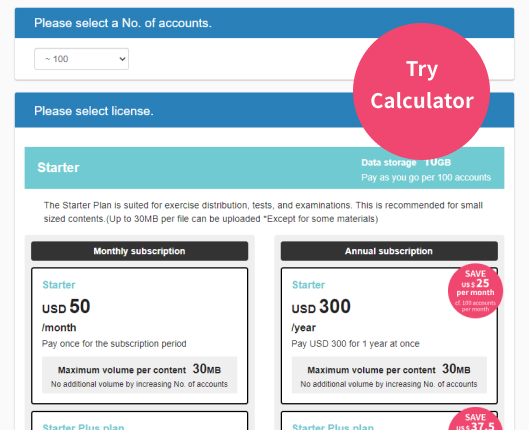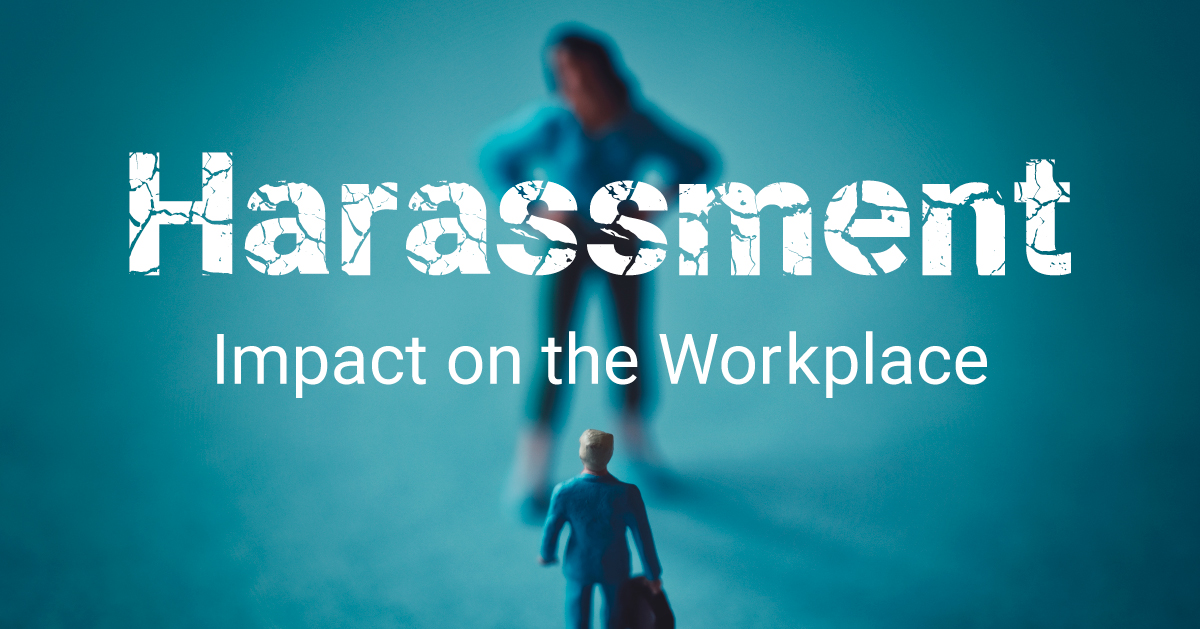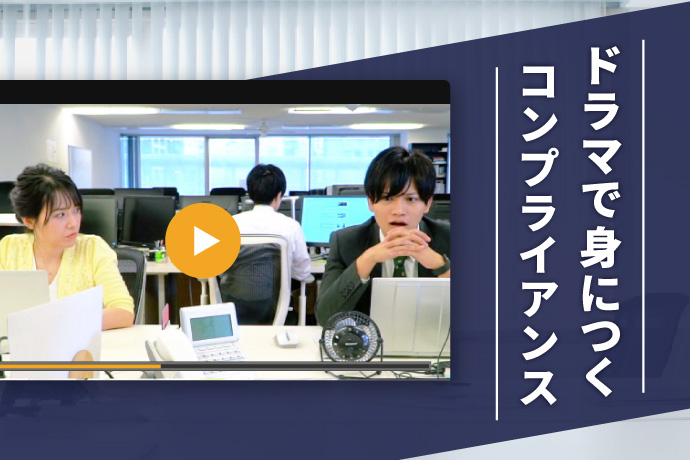Is Not Giving a Job a Power Harassment? Introducing the risks of leaving power harassment unchecked.

Today, harassment in the workplace has become a social problem, and "power harassment" is a typical act of harassment.
There are several types of power harassment, and "not giving work" is sometimes referred to as power harassment, but some may wonder if it really constitutes power harassment.
If you want to have a clear understanding of whether not giving an employee a job is power harassment, check out the types and definitions of power harassment.
This article will provide a thorough definition and classification of power harassment, as well as the risks of leaving power harassment unchecked.
Contents
- 01What is Power Harassment? Definition and Classification
- Psychological Attacks
- individual infringement
- Excessive demands
- Under-demanding (not giving work)
- 02Risks from neglect of power harassment, including "not giving them a job."
- Productivity declines.
- Leading to an exodus of human resources
- The company's reputation will suffer.
- 03What companies can do to prevent power harassment
- Strive for smooth communication on a daily basis
- Establish a consultation service
- Rooting employee awareness of power harassment
What is Power Harassment? Definition and Classification

The Ministry of Health, Labor and Welfare (MHLW) defines power harassment as all three of the following that take place in the workplace
- (i)Words and actions based on a superior relationship
- (2)Beyond what is necessary and reasonable in the course of business
- (iii)Harmful to the working environment of workers
There are many different types of power harassment. To help you better understand power harassment, here are some of the different types of power harassment.
Psychological Attacks
It is power harassment that damages the victim not through physical attacks but through mental attacks such as ignoring the victim. Examples include abusing a particular employee in front of a large group of other employees or insulting an employee who makes a mistake.
If the instruction is beneficial to the subordinate, it will not be perceived as power harassment. However, an attack that is so severe that the victim complains of mental stress constitutes power harassment.
individual infringement
Invading an employee's privacy also constitutes power harassment. Forcing employees to participate in company events even though they are free to do so, or asking for private information are examples of infringement of individuality. Also, persistently asking an employee why he or she is getting paid is also considered an infringement of the individual.
Excessive demands
Making demands that seem obviously impossible despite a lack of ability is also a form of power harassment. Giving a new employee, who has just joined the company, a job that can only be done with two or three years of experience is an example of excessive demands.
Also, implicitly encouraging employees to work on holidays or to do something that is not directly related to the nature of their work also falls under the category of excessive demands.
Under-demanding (not giving work)
As opposed to overreaching, underreaching, such as not giving work to an employee, is also power harassment. An employee hired as an engineer who does menial chores all day long is under-demanding. In other cases, the employee is forced to work long hours and perform simple labor.
It is also a rare case where even simple labor tasks are not given.
Back to ContentsRisks from neglect of power harassment, including "not giving them a job."

There are many risks to a company in letting power harassment actions such as "not giving work to the employee go unchecked." Let's review three of the possible risks.
Productivity declines.
If power harassment is left unchecked in a company, it risks reducing work productivity.
If a supervisor has a coercive or intimidating attitude toward his/her subordinates, the subordinates have to work according to the supervisor's preferences and may not be able to concentrate on their work.
It is not uncommon for even one perpetrator of power harassment to increase the number of victims to several. If several people cannot focus on their work due to poor relationships, productivity will also decrease.
Leading to an exodus of human resources
There is also a risk of human resource exodus due to unchecked power harassment. If companies do not take adequate measures, victims of power harassment will become exhausted both physically and mentally, increasing the likelihood that they will choose to leave the company. If the exodus of employees continues, companies will have to hire people again, leading to an increased workload.
The company's reputation will suffer.
Today, reviews of companies are available on the Internet. Some employees who have left a company because of power harassment may post bad reviews about the company on review sites.
Most people who read bad reviews have a negative image of the company, and this naturally leads to the company's reputation being damaged, which in turn affects the company's management.
Back to ContentsWhat companies can do to prevent power harassment

Power harassment, if left unchecked, can lead to various risks and have many negative effects on a company. In order to prevent damage caused by power harassment, it is important for companies to have a system in place. The following is an explanation of three measures that companies can take.
Strive for smooth communication on a daily basis
The most important point to prevent power harassment is to have smooth communication with employees on a daily basis.
In a work environment where employees do not communicate well with each other, they may not trust each other. As a result, there may be cases where an unexpected remark may spark a power harassment incident.
Labor and human resources personnel should actively communicate with employees by interviewing them while being considerate of their counterparts.
Establish a consultation service
It is not uncommon for victims of power harassment to be unable to talk to anyone. To prevent victims from crying themselves to sleep, it is recommended to set up a consultation service either within the company or outside the company.
Just by having an environment where employees feel they can talk to someone about their concerns, they feel a great sense of security. Creating an environment in which employees can feel free to consult with someone at any time by clearly stating the confidentiality of the content of the consultation will also deter power harassment.
Rooting employee awareness of power harassment
It is also an effective way to root out the definition to power harassment and communicate that power harassment is not a good idea. It is not easy for each employee to be aware of power harassment, especially in larger companies. Therefore, respond with regular reminders and other measures.
For example, one way is to review actual cases of power harassment at departmental meetings. Even if you are told in words, "Do not engage in power harassment," some people may not really feel it. Let's give them a reminder so that they can better visualize what happens when they engage in power harassment.
Back to ContentsSummary
Power harassment within a company, if left unchecked, poses a serious risk to the company. It is important for a company to take measures to prevent power harassment, especially by not giving work to employees, because it is sometimes difficult to know when power harassment will occur.
While ensuring close communication on a daily basis, embark on concrete measures such as establishing a consultation service.
For in-house elearning courses, learningBOX will help you effectively.
learningBOX is a cloud-based elearning platform
and you can easily build training courses online.
Created content will be delivered to employees and you can track their learning progress.
In addition to the flexible content creation, personalized learning will boost each employee's understanding and knowledge by customizable settings.
There will be something you can do to improve your work environment.
▼You may also like:
Back to Contents Back to Article List


















